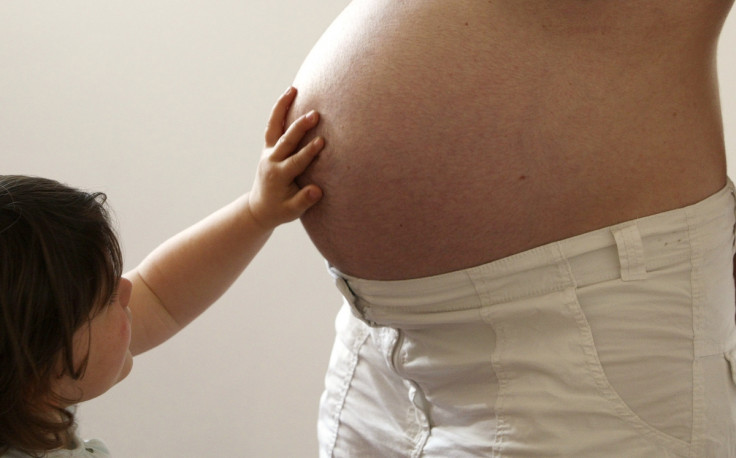Stress Delays Pregnancy and Doubles Infertility Risk by 30%

Researchers have discovered that stress can delay pregnancy and double the risk of infertility in women.
According to research by the Ohio State University Wexner Medical Center, women with high levels of the protein enzyme anpha-amylase, a biological indicator of stress measured in saliva, are 29% less likely to become pregnant.
They are also more than twice as likely to meet the clinical definition of infertility, which is remaining not pregnant despite 12 months of regular unprotected intercourse.
Courtney Denning-Johnson Lynch, director of reproductive epidemiology at Wexner, said: "This is the second study in which we have demonstrated that women with high levels of the stress biomarker salivary alpha-amylase have a lower probability of becoming pregnant, compared to women with low levels of this biomarker.
"For the first time, we've shown that this effect is potentially clinically meaningful, as it's associated with a greater than twofold increased risk of infertility among these women."
Researchers tracked 501 American women aged between 18 and 40, who were free from fertility problems and had just begun trying to conceive. They were studied for 12 months or until they became pregnant as part of the Longitudinal Investigation of Fertility and the Environment (LIFE) Study.
Saliva samples were collected from participants at the beginning of the study and again the morning following the first day of their first study-observed menstrual cycle. Specimens were available for 373 women and were measured for the presence of salivary alpha-amylase and cortisol, two biomarkers of stress.
It was discovered that the subjects with high levels of the biomarker were 29% less likely to get pregnant each month than those with low levels, the researchers found.
Germaine Buck Louis, director of the Division of Intramural Population Health Research of the Eunice Kennedy Shriver National Institute of Child Health and Human Development (NICHD) and the LIFE Study's principal investigator, told the Telegraph: "Eliminating stressors before trying to become pregnant might shorten the time couples need to become pregnant in comparison to ignoring stress.
"The good news is that women most likely will know which stress reduction strategy works best for them, since a one-size-fits-all solution is not likely."
Lynch said she hoped the results would encourage women experiencing difficulty getting pregnant to manage stress levels with yoga and meditation.
Dr Suleena Kansal Kalra, an assistant professor of obstetrics and gynecology at the University of Pennsylvania Health System, told Today.com that infertility was a complex problem.
She said: "Women who are doing everything they can to get pregnant often are told by well-meaning people, 'If you would just relax you would get pregnant.' That can be very counterproductive."
The study was published in the journal Human Reproduction.
© Copyright IBTimes 2025. All rights reserved.




















